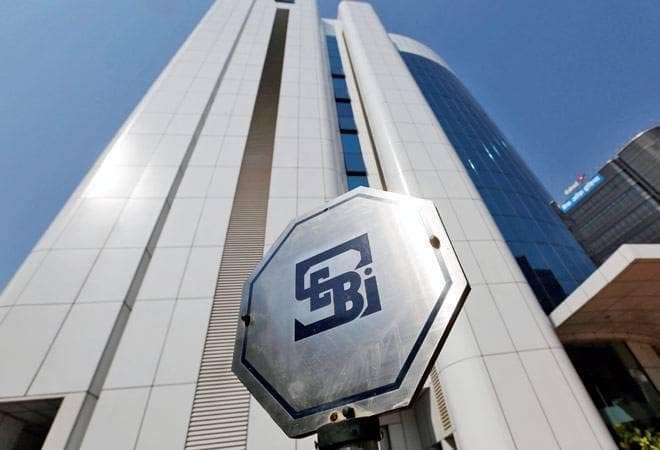Following the exposure of insider trading involving officials from the Central Electricity Regulatory Commission (CERC), the Securities and Exchange Board of India (SEBI) is preparing to engage with all sectoral regulators to raise awareness about insider trading norms and the handling of Unpublished Price Sensitive Information (UPSI).
According to two people aware of the development, SEBI believes that enforcement alone cannot address every challenge. Hence, it has decided to adopt a “sensitisation-based approach” — conducting awareness and compliance sessions with key regulatory institutions.
A Shift Toward Preventive Engagement
A senior official said,
“SEBI will soon reach out to sectoral regulators to sensitise them about the importance of protecting Unpublished Price Sensitive Information. Many information leaks are not deliberate but occur inadvertently — yet they can have serious market-moving consequences. The goal is to make officials aware of the risks and encourage stronger preventive measures.”
The CERC insider trading case is unprecedented, marking the first time SEBI has named officials from a regulatory authority in such an offence. The incident has prompted SEBI to expand its compliance outreach programme across sectors.
FCRF Launches CCLP Program to Train India’s Next Generation of Cyber Law Practitioners
RBI, TRAI, IRDAI, and PFRDA Among Regulators to be Engaged
The sensitisation initiative is expected to include major regulators such as the Reserve Bank of India (RBI), Telecom Regulatory Authority of India (TRAI), Insurance Regulatory and Development Authority of India (IRDAI), Pension Fund Regulatory and Development Authority (PFRDA), and CERC.
A second person familiar with the plan said,
“It’s not just company-specific disclosures. Even draft policy proposals can be price-sensitive — as seen in the IEX case. Such leaks not only allow misuse of information but can also tarnish the credibility of regulatory bodies.”
SEBI Chairman: ‘Trust and Confidentiality Are Paramount’
Last month, SEBI organised a special compliance session for banks, where Chairman Tuhin Kanta Pandey addressed managing directors and CEOs on the theme “Strengthening Compliance with PIT Regulations in Listed Banks.”
He emphasised that,
“If market-moving information is leaked — even unintentionally — it can erode shareholder wealth and investor trust. The responsibility of top executives extends beyond their own organisations; it includes safeguarding confidential information of other companies held in fiduciary capacity.”
CERC–IEX Case Sparks Wider Vigilance
The heightened vigilance follows SEBI’s interim order barring eight individuals for alleged insider trading that led to illegal gains of around ₹173 crore in just six weeks.
The case revolves around trading in shares of Indian Energy Exchange (IEX), based on UPSI related to “market coupling” — a proposed mechanism that could have affected IEX’s business model.
SEBI’s investigation revealed that a key accused, connected to the family of a CERC official, gained access to confidential details of the commission’s market-coupling policy.
Market coupling aggregates buy and sell bids from all power exchanges to discover a uniform market-clearing price, ensuring that exchanges act as bidding platforms while dispatch decisions are taken centrally.
SEBI Whole-Time Member Kamlesh Chandra Varshney, who passed the order, has also directed that a copy of it be shared with CERC for necessary action.
Experts Call for Tighter Compliance Within Regulators
Corporate governance expert Makarand Joshi, Founder-Partner at MMJC and Associates, said,
“The Prohibition of Insider Trading (PIT) Regulations apply to every entity handling UPSI. Regulators, too, must strengthen internal firewalls and compliance systems to prevent leaks or misuse.”
SEBI has, in the past, taken strict disciplinary action against its own officials for misconduct — most notably in the Pyramid Saimira case, where an officer was dismissed for colluding with company promoters.
Conclusion
The CERC episode underscores that information misuse risks are not limited to corporations but extend even to regulatory institutions.
SEBI’s move to combine awareness, training, and accountability marks a significant shift from punitive enforcement toward preventive governance.
If implemented effectively, the initiative could enhance market integrity, rebuild investor confidence, and strengthen the overall credibility of India’s financial regulatory ecosystem.


